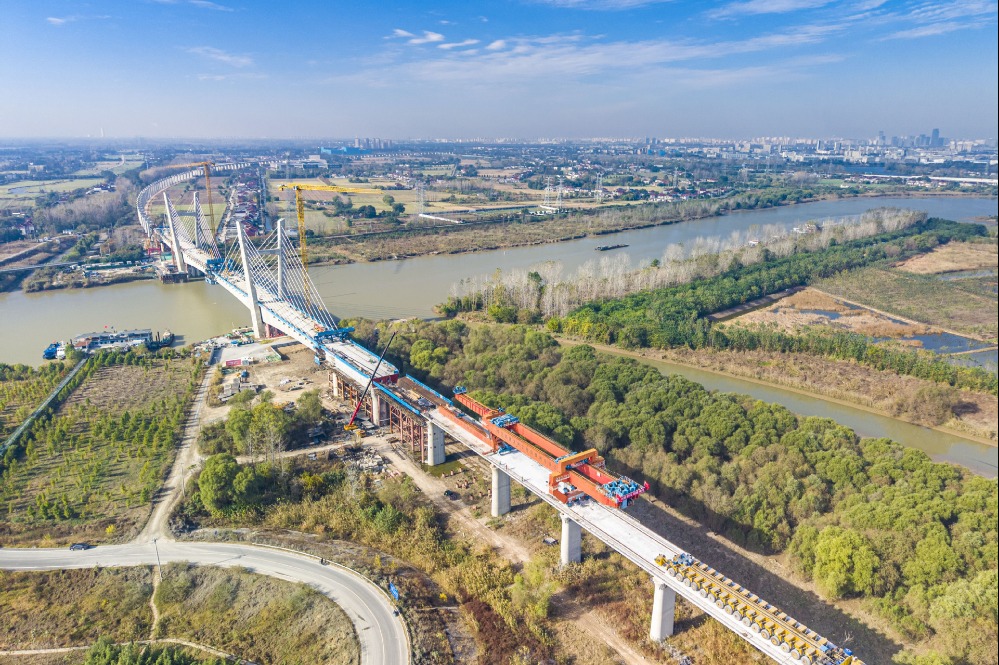Norway's govt backs controversial deep-sea mining


Norway has become the first country in the world to approve the controversial practice of deep-sea mining, sparking outcry from environmental campaigners.
Lawmakers in the northern European country voted on Tuesday in favor of the government's proposal to open Norwegian waters to commercial machinery that would scrape the seabed for metals and minerals.
Growing demand for materials including magnesium, niobium, and cobalt, used in smartphones, electric vehicles, batteries, and solar panels, clashes with environmental concerns around potential devastation for marine life.
Norway's proposal will grant companies the opportunity to apply for mining licenses in an area of its national waters spanning 280,000 square kilometers, which is larger than the size of the United Kingdom.
Norwegian officials have not yet set a timeline for starting the seabed exploration, and the government has stated it will only commence issuing licenses for the mining after conducting additional environmental studies, reported the BBC.
"We're now going to see if this can be done in a sustainable manner, and that is the step we have taken now," Energy Minister Terje Aasland told Parliament.
Walter Sognnes, co-founder of Norwegian mining company Loke Minerals, emphasized the need for a deeper understanding of the ocean depths before enterprises commence mining operations.
He told the BBC: "We will have a relatively long period of exploration and mapping activity to close the knowledge gap on the environmental impact."
The European Union and the UK have called for a temporary ban on the practice due to environmental concerns, while 120 EU lawmakers penned an open letter to the Norwegian Parliament in November, highlighting the risks posed to marine biodiversity and the acceleration of climate change.
Environmental scientists around the world have signed an open letter warning of potentially "irreversible "damage to the ecosystem caused by any deep-sea mining.
Describing it as a potential "catastrophe" for the ocean, Kaja Lonne Fjaertoft, global policy lead for the WWF's No Deep Seabed Mining Initiative, voiced concerns about the impact such mining would have on marine ecosystems.
"The deep sea is the world's largest carbon reservoir and our last untouched wilderness, with unique wildlife and important habitats that do not exist anywhere else on Earth," she said, quoted by Sky News.
Campaigners assert that greater emphasis should be placed on recycling and reusing the minerals already extracted from land, and the Environmental Justice Foundation highlights that improved collection and recycling methods for mobile phones alone could potentially recover 16,000 metric tons of cobalt per year, which is equivalent to approximately 10 percent of annual production.
Martin Webeler from the Environmental Justice Foundation said: "Why should we expand destructive mining to one of Earth's most pristine and important ecosystems, almost certainly wiping out undiscovered species and with unknown impacts over a huge stretch of ocean, when we are sitting on such a goldmine already?"































